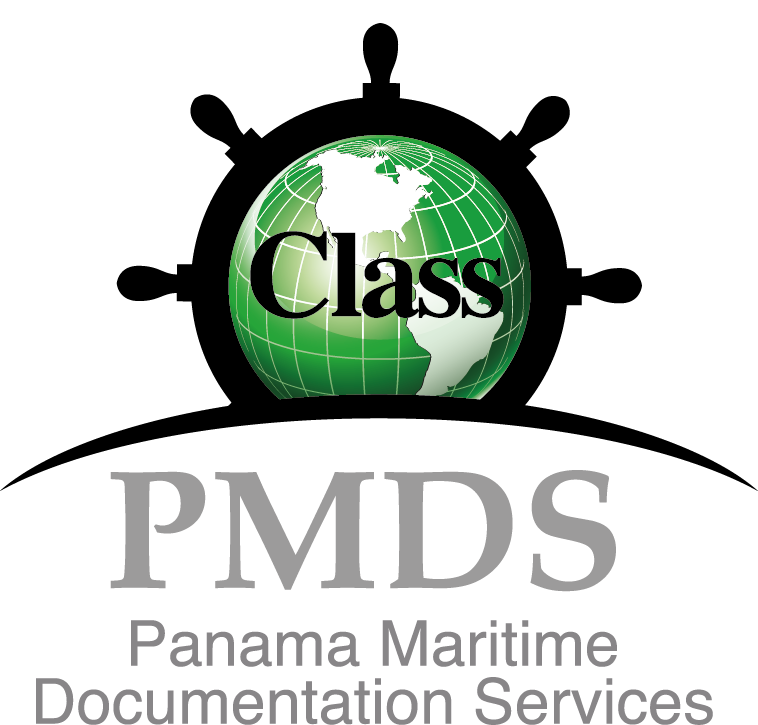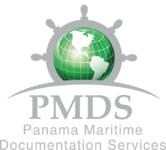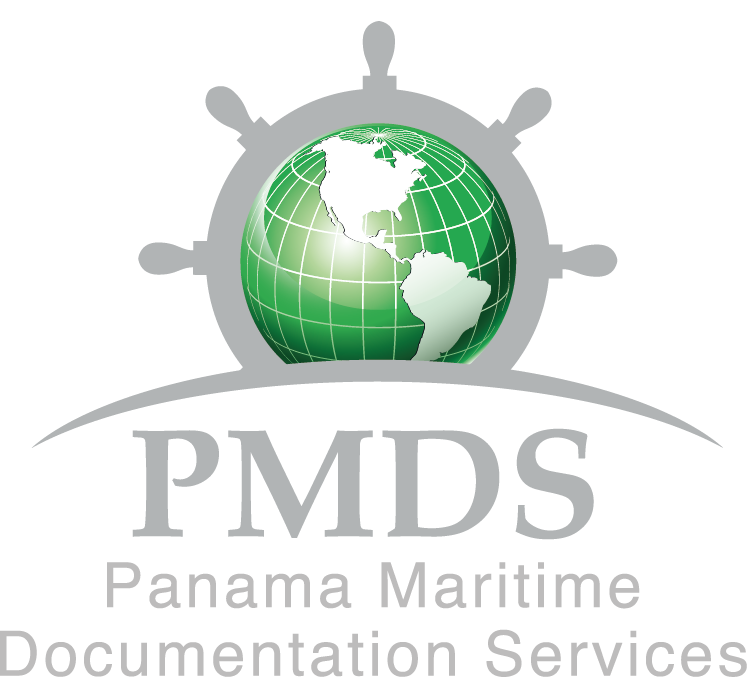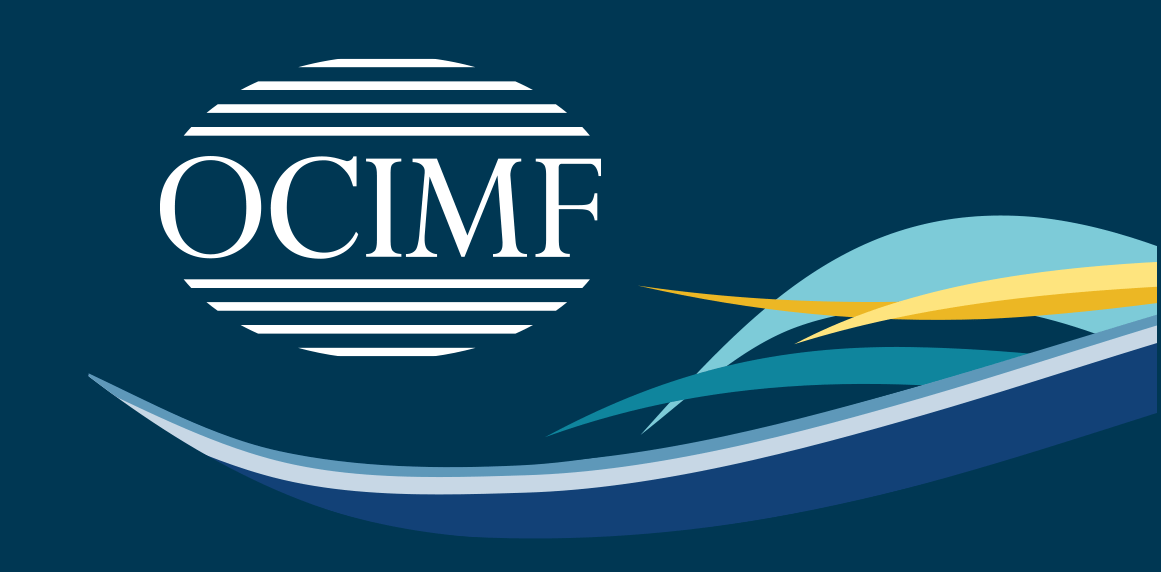
OCIMF-Guidelines for the Control of Drugs and Alcohol
The Oil Companies International Marine Forum (OCIMF) has published an updated information paper that provides guidance on how to manage the risks and potentially serious impacts associated with the use of drugs and alcohol in relation to marine operations.
The updated publication, Guidelines for the Control of Drugs and Alcohol in the Maritime Industry (2024), aims to provide general guidance and recommendations for the maritime industry (operators of tankers, barges, offshore vessels, and terminals associated with the ship-shore interface) in developing and implementing controls for the use of drugs and alcohol.
As Jacob Damgaard, Associate Director, Loss Prevention, Britannia P&I Club, had explained, drug and alcohol abuse is a serious problem that can have significant consequences for the safety of the crew, the vessel, and the environment. Whilst the shipping industry has recognized this, and taken steps to address it, incidents still occur. To further address this issue, there needs to be a greater focus on prevention. This includes increasing awareness of the dangers of drug and alcohol abuse among seafarers, providing education and training and promoting a culture of drug and alcohol-free work environments.
In the guidelines, drug and alcohol use includes the use of prescribed and over-the-counter medication, self-medication, recreational drug or alcohol use, drug or alcohol dependency, and accidental exposure to drugs or alcohol.
The information paper covers workplace testing but does not address testing associated with treating and recovering identified substance dependency cases or return-to-work testing.
Effects of drug and alcohol abuse on seafarers
- Impaired judgment: Drugs and alcohol impair cognitive functions and coordination, which are crucial for safe operation of a ship and response to emergencies.
- Enhanced risk of accidents: Seafarers under the influence are more prone to accidents, both onboard and during port operations, endangering their own lives, the lives of their crewmates, and the environment.
- Decreased alertness: Substance abuse can lead to reduced alertness, attention, and concentration, affecting a seafarer’s ability to monitor the ship’s systems effectively.
- Health issues: Long-term substance abuse can lead to serious health problems like liver damage, cardiovascular issues, mental health disorders, and addiction.
- Conflict and misbehavior: Substance abuse can contribute to conflicts with fellow crew members, insubordination, and other forms of misconduct, which disrupt the ship’s operations and crew morale.
Furthermore, when designing a policy and procedures in relation to the control of drugs and alcohol, OCIMF advises that legal and other medical professional advice should be sought on the specific circumstances, including a review of legal authority in the country or jurisdiction where workplace drug and/or alcohol testing may take place.
The reasons behind substance use can be complicated. To address this issue, OCIMF places great importance on having a well-defined drug and alcohol policy encompassing preventive and supportive measures, a testing programme and disciplinary actions. It is crucial to foster an environment where individuals feel supported and comfortable seeking help to manage this risk effectively.
… said Saurabh Sachdeva, Publications and Advocacy Director, OCIMF
These guidelines replace OCIMF’s Guidelines for the Control of Drugs and Alcohol Onboard Ship (1995). The scope of the updated guidelines has been expanded to cover ships, barges, terminals, and the offshore industry and includes new information on sampling and testing methods.
Details of substances to be tested are included and a human factors lens has been applied throughout the document.
Source Safety4Sea
For additional information contact us : corporate@panamamaritime.com

 (507) 6780-7942
(507) 6780-7942
